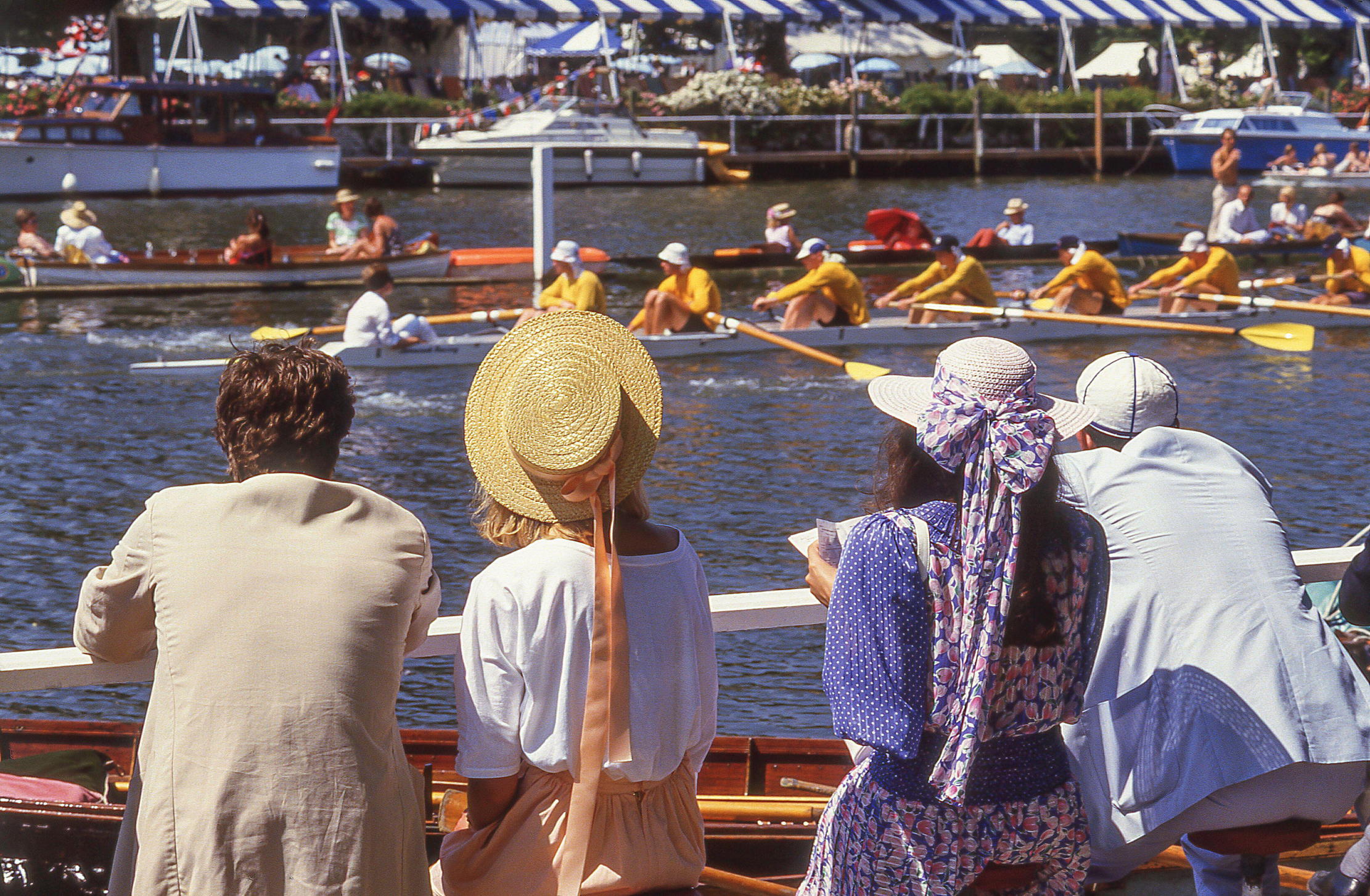Town mouse reads stories of war
Researching stories from the First World War, Clive comes across some stirring stuff from soldiers from Devon


When the boys were younger, we often went to the National Army Museum in Chelsea and the Imperial War Museum in Kennington, so it's been with some nostalgia that I've gone back. Now, however, I stride past the excited children and bored nannies to enter the cloistered world of the library. I'm researching the names on the Lydford war memorial in Devon.
Using letters and diaries, I've followed the short military career of Archie Huggins, a sterling defender for Tavistock Football Club, then sergeant in the Royal North Devon Hussars. He crossed to the Dardanelles on SS Olympic, the sister ship to Titanic: a splendid transport for officers, less so for other ranks. When the troops landed in October 1915, there was, despite constant shelling, almost a holiday mood-‘it is lovely weather and I am wearing shorts,' writes a stretcher bearer. But it didn't last.
The ground was so rocky that they had to make ‘grouse butts' isolated posts for half a dozen men, protected by sandbags and there was only a scraping of earth to cover the dead. Poor Huggins was one of the many who succumbed to dysentery, days after arriving. Others fought on, their humanity surviving the appalling conditions. One captain praised the postal system, which enabled him to send home a tortoise.
* Subscribe to Country Life and up to £50
Sign up for the Country Life Newsletter
Exquisite houses, the beauty of Nature, and how to get the most from your life, straight to your inbox.
Country Life is unlike any other magazine: the only glossy weekly on the newsstand and the only magazine that has been guest-edited by HRH The King not once, but twice. It is a celebration of modern rural life and all its diverse joys and pleasures — that was first published in Queen Victoria's Diamond Jubilee year. Our eclectic mixture of witty and informative content — from the most up-to-date property news and commentary and a coveted glimpse inside some of the UK's best houses and gardens, to gardening, the arts and interior design, written by experts in their field — still cannot be found in print or online, anywhere else.
-
 380 acres and 90 bedrooms on the £25m private island being sold by one of Britain's top music producers
380 acres and 90 bedrooms on the £25m private island being sold by one of Britain's top music producersStormzy, Rihanna and the Rolling Stones are just a part of the story at Osea Island, a dot on the map in the seas off Essex.
By Lotte Brundle
-
 'A delicious chance to step back in time and bask in the best of Britain': An insider's guide to The Season
'A delicious chance to step back in time and bask in the best of Britain': An insider's guide to The SeasonHere's how to navigate this summer's top events in style, from those who know best.
By Madeleine Silver